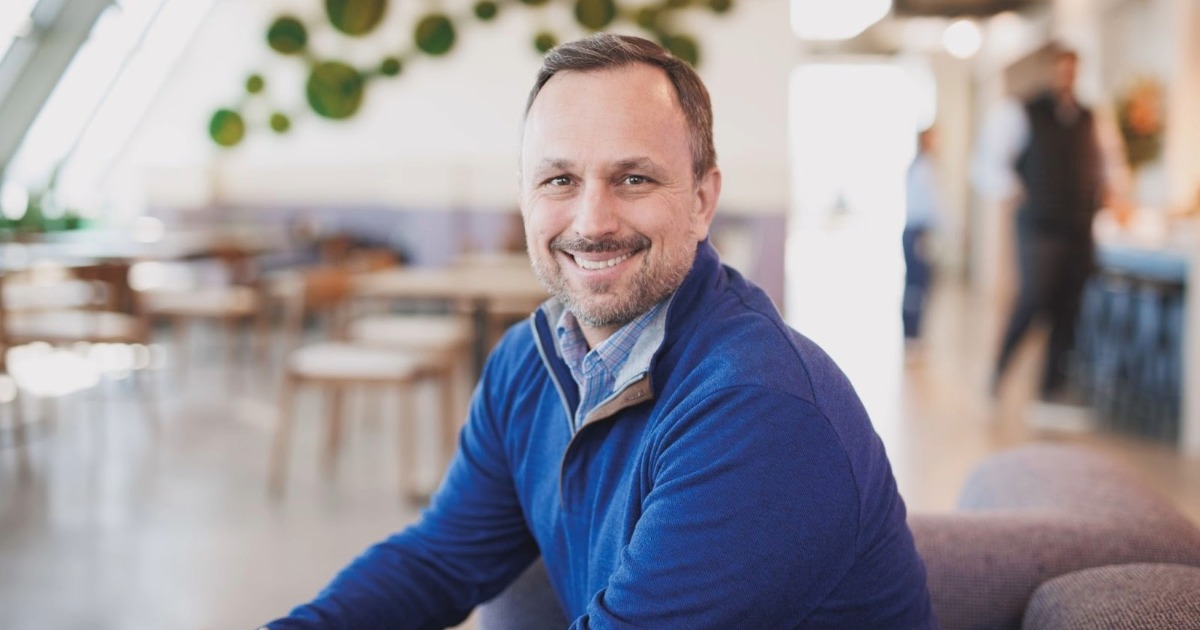As data takes centre stage in the concern of individuals across all sectors, and cyber criminals continue to threaten operations, creating increasing disruption across all organisations, it is clear that we have gone through a shift in the perception of digital roles over the past few years.
In healthcare, IT professionals are no longer seen as the employees in the back office, working on projects that others did not understand.
Instead, they are becoming the people that everyone looks up to, underpinning through their work the overarching strategy that is expected to drive the transition of healthcare to the digital space, as so many other sectors have done beforehand.
And indeed, research seems to support this view. The 2017 HIMSS Analytics Annual European eHealth Survey found that most healthcare IT professionals want to improve their leadership skills, acknowledging the new function that they play in their organisation, and, more broadly, in their field, based on expertise.
‘The Future50 will lead the transformation of the digital health ecosystem in Europe’
Six months ago, HIMSS Europe embarked on a journey to identify and bring together the top healthcare IT leaders in Europe in a new, first-of-its-kind community, supported by IBM Watson Health.
Drawing on knowledge from its established, regional communities, HIMSS Europe says the Future50 initiative is what everyone should look at to understand the ‘future of healthcare’.
Nominated by their peers, these members have distinguished themselves through exemplary work they have been carrying out on a regional, national and European level to advance the eHealth agenda.
“The Future50 initiative recognises digital health leaders from across Europe, ranging from healthcare providers to governments, not-for-profit organisations, as well as information and technology market suppliers and their customers,” explains Hal Wolf, HIMSS President and CEO.
“As digital health innovators, the Future50 will lead the transformation of the digital health ecosystem by sharing knowledge and best practices with the European community,” the CEO says.
‘Leadership implies humility and a deep knowledge about the fact that none of us have the full view of health’
But how do the first Future50 members see leadership themselves?
Rita Kadic, Head of Efficiency and Continuous Improvement at Hospital de Cascais in Portugal, says it is more than a set of capabilities, and more than the leader.
“Leadership is the synergetic energy that flows inside a highly committed team and that leads to success. And leading to success isn’t just about focusing on results, but also on building collaboration and co-operation, sticking people together along the way, sharing the vision and practicing the values,” Kadic adds.
For others, like Jan Geissler, Founder and CEO of Patvocates, leadership means thinking ahead in complex systems, anticipating future opportunities, breaking them down into actionable activities and identifying a team of pragmatic minds that is able to ‘design and transform the present into a different future’.
Manuel Armayones, Development Director at the Open University of Catalonia’s eHealth Centre and Associated Professor of Psychology and Science of the Education, tells Insights that the simple concept implies ‘humility and a deep knowledge about the fact that none of us have the full view of a complex phenomena like health’.
Henrik Schødts, Deputy Chief Executive at the New North Zealand Hospital in Denmark, says it is all about motivating teams to perform at the ‘highest level possible’, while, for Manuel Perez Vallina, Chief Information Officer at the Hospital General University Gregorio Maranon in Spain, leadership comes down to ‘inspiration’.
“When you work to build a team that fosters your hunger for innovation and meets targets, and at the same time you also foster your team ambition, you work with the mentality of a leader,” Vallina says.
‘With the advance of technology, we can accomplish more than ever’
Perhaps unsurprisingly, these leaders are grappling with some of the same challenges, regardless of their organisation, or their region, and HIMSS Europe wants to offer the new community a platform to shape discussion.
“Empowering citizens and the community and improving self-management of care sound very good, but the problem is how we engage citizens and help them shift between the knowledge of ‘theory’ about how to be healthy to the ‘practice’ in their everyday life,” asks Armayones.
This barrier is no stranger to the UK either, with Harpreet Sood, UK National Health Service (NHS) England Associate Chief Clinical Information Officer, arguing that healthcare systems need to develop a group of professionals that have the ‘knowledge, ability and authority’ to lead on technology-enabled care transformation.
For Marko Topalovic, CEO of Breathe, acceptance of new developments remains the biggest challenge systems are facing nowadays.
“With the advance of technology, we can accomplish more than ever. We need to focus on solving real healthcare problems using tech, expecting trust, and being welcomed by the society,” Topalovic adds.
‘Future 50 to prove that healthcare leadership matters’
But there is no doubt that the future of healthcare IT excites the 2018 cohort of the new HIMSS Europe initiative. Juliet Bauer, Chief Digital Officer for the NHS in England, another member of the new community, says the world will look ‘very different’ for both patients and clinicians in five, ten and 20 years’ time. Future50 is here to support the transition and prove that healthcare leadership matters.
The complete list of Future50 members can be accessed online on: www.himss.eu/Future50


